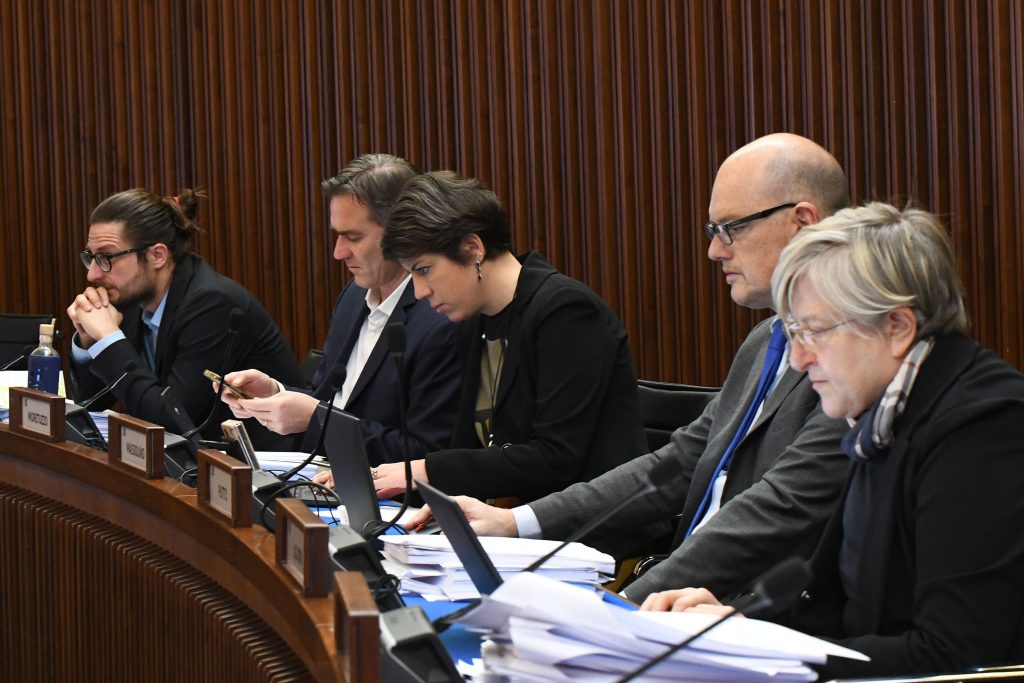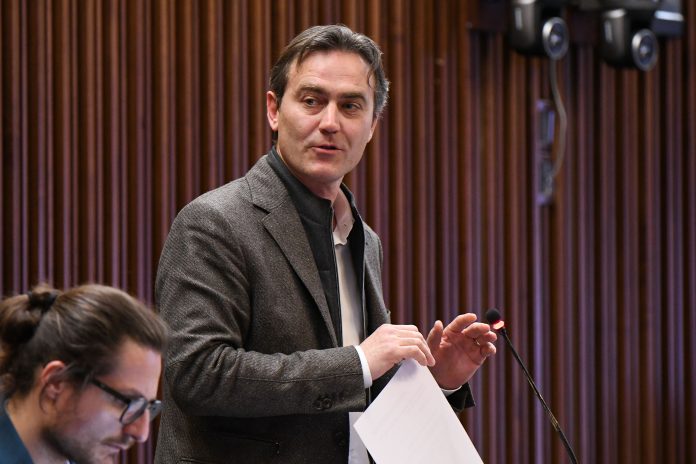by InTrieste
As 2024 comes to a close, Massimo Moretuzzo, head of the Patto per l’Autonomia-Civica FVG group in the Friuli Venezia Giulia Regional Council, described the year as “transitional,” citing unfulfilled promises of significant reforms and opportunities left untapped.

“Major reforms were announced,” Mr. Moretuzzo said, referencing initiatives in healthcare, manufacturing, and urban regeneration, “but so far, we’ve only heard declarations.” He expressed hope that 2025 would bring more concrete action.
Reflecting on legislative progress, Mr. Moretuzzo highlighted his group’s support for a new law on boating, calling it “limited and sector-specific,” but welcomed the bipartisan collaboration behind legislation establishing the Commission for Equal Opportunities. “This cross-party effort serves as an example of how certain issues can transcend political affiliations,” he said, adding that the recent discussions on reorganizing the region’s oncology network could benefit from a similar approach.
However, he criticized what he viewed as a missed opportunity to address end-of-life issues. “We had the chance to take a forward-thinking stance as a region, attentive to the needs of individuals,” he said, “but the majority avoided taking a position, revealing a lack of cultural and intellectual courage.”
Looking ahead, Mr. Moretuzzo pointed to local government reform as a key issue for 2025. His group has already submitted a draft law that includes an evaluation clause on the Roberti reform, aimed at reorganizing the region’s administrative framework. He also called for more decisive action on climate change. “It’s time to move beyond the announcements of the FVGreen initiative and deliver tangible results,” he said.
While the year may not have met expectations for transformative change, Mr. Moretuzzo expressed optimism that the coming months could bring renewed focus to the region’s most pressing challenges.






























